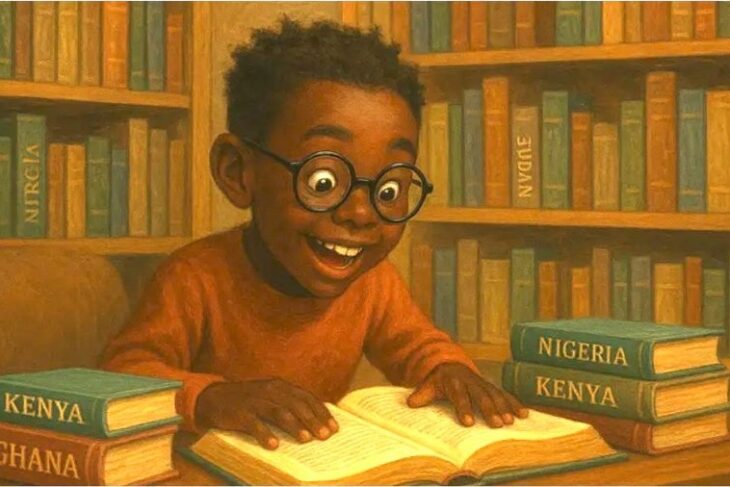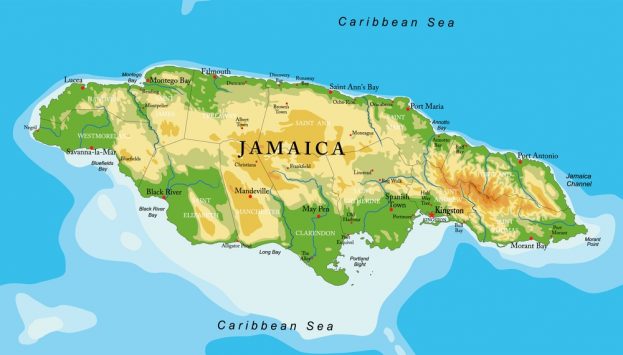
As human beings, regardless of our race, of our culture, of our religion, of our political affiliation, of our social status, of our income bracket, of our character, of our temperament, of our age and stage in life, and despite our familial and national connections we all have more in common with each other than we do with respect to our differences. This is a truism which is, sadly, so often not known, or forgotten, or that is so callously disregarded by many individuals. But this, nonetheless, forms the very basis of mutual understanding and sensitivity — one to another. And yet, world history and current affairs testify to humanity constantly missing the mark in respect to a heartfelt appreciation of our commonality or oneness.
Not only does mankind’s acts of criminality, frequent protests, acts of rioting in the streets and the carnage and genocide that they often inflict upon whole societies through war serve as testimonies to their base, animalistic propensities, evidence in this regard can also be gleaned from their writings.
It was the French philosopher, author, dramatist, journalist and the 1957 Nobel Peace Prize winner in Literature, Albert Camus, for example, who wrote that “If men cannot refer to common value, recognized by all as existing in each one, then man is incomprehensible to man.”
Long before Camus, William Shakespeare, the revered English playwright, in his play, The Merchant of Venice, captured the blind irony of many people in this world who would appeal for understanding, for justice, and even for mercy without, themselves, showing the same to others. This fact of life was distilled in the words of Shylock, in a court scene, when he said: “If you prick us, do we not bleed? if you tickle us, do we not laugh? if you poison us, do we not die? and if you wrong us, shall we not revenge?” Shylock could only understand the logic and the empathy of those words only as they pertained to himself, and not to Antonio, whose life he sought for failure to repay a loan by asking for an agreed upon “pound of flesh” should the latter default on the loan.
The following words in this missive are descriptive of a tremendous sense of vulnerability that I feel sometimes about life. But, I share them, not merely as constituting an exercise of a catharsis of soul, but as, perhaps, a reminder to you my readers that many, perhaps including you, though you might not have expressed such thoughts and feelings to anyone, that, we are all more alike than we could ever dare to imagine.
Ever so often I shiver — I really shiver. I do not experience it due to the outer, harsh elements of nature, but because of the chill of my own mortality. I feel its draft sharply down my spine and on through to my extremities. I sense it as it is wafted on the currents of circumstance by the incessant and weathering winds of change. Today’s peace is ever in jeopardy of the subtle twists and turns of each and every minute. A minute — one ounce of an hour — is all that it takes to turn one’s world upside down. But, what am I saying? It only takes a fraction of a second — just a fraction of a second. I shiver. I shiver. I shiver.
Loved ones who I cherish could be gone in an instant. The strength of health that I now enjoy could become something debilitating and even deadly. All of my earthly possessions could be consumed in a blaze. I could be hailed as a pillar of the community one day and then be declared a social pariah in the next. There is nothing man-made which is truly secure or permanent. There is no assurance — no real insurance. Somehow happenstance or fate always finds the means to pick the lock of one’s peace of mind and to steal the contents of one’s life. And so, I shiver. It’s life — I know. But at times, I shiver.
Life often brays and barks arrogantly at the dark, looming clouds of death. It also, at other times, dances flippantly in the face of inevitability. But death is never intimidated, nor is it ever humiliated, for it waits, it calmly and patiently bides its time, with a smile, sitting on its immense power, listening for divine permission. Like the eye of an eagle perched way up high, near to the sun, death sees its prey through the hearth of its victim’s comforts and within the tall hedge of its dinner’s vanity before it swoops and then strikes. My soul is at peace with God — yes it is. I am so blessed — yes I am. God provides for all my needs and He has put eternity in my heart. Yet, still, in this frame of flesh, of blood and of bone I cringe. I am not in heaven yet and so, until then, I will, at times, shiver.



